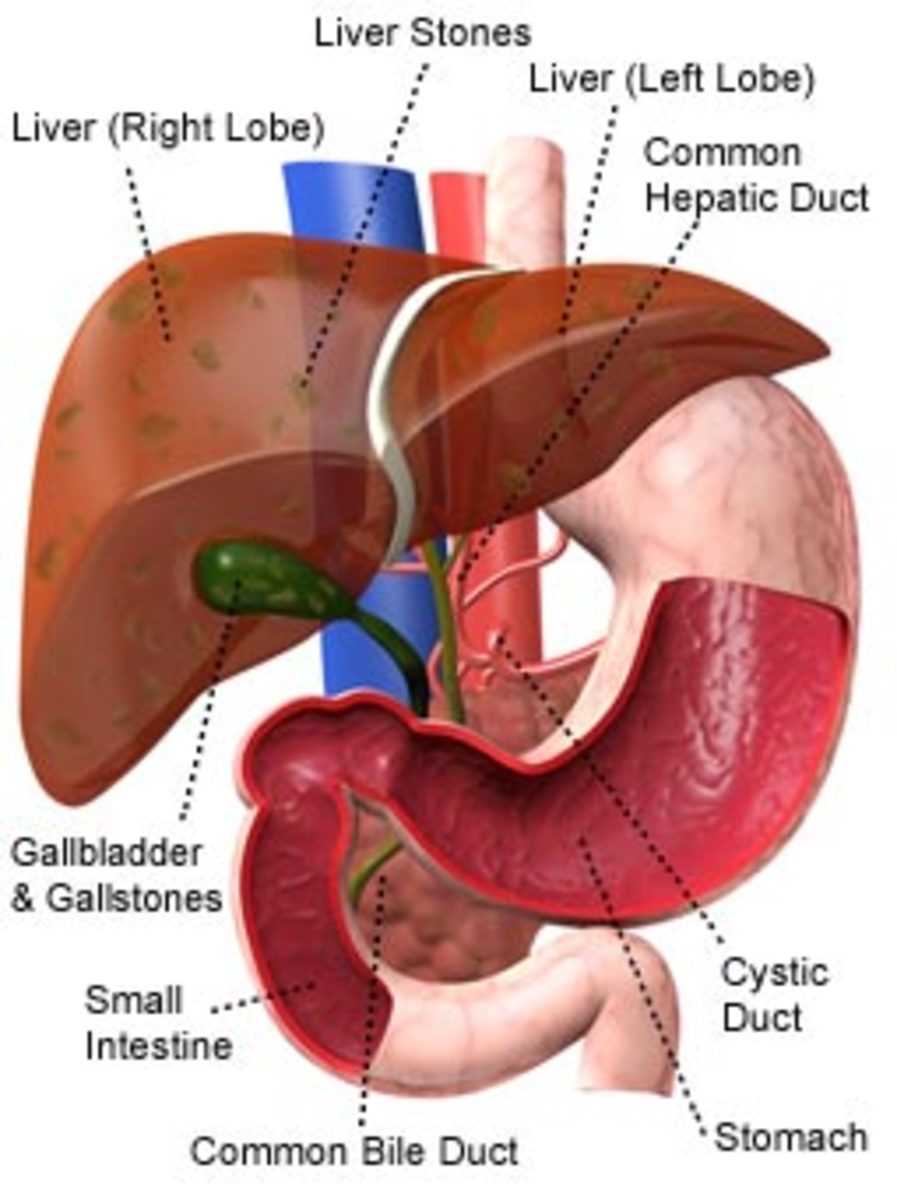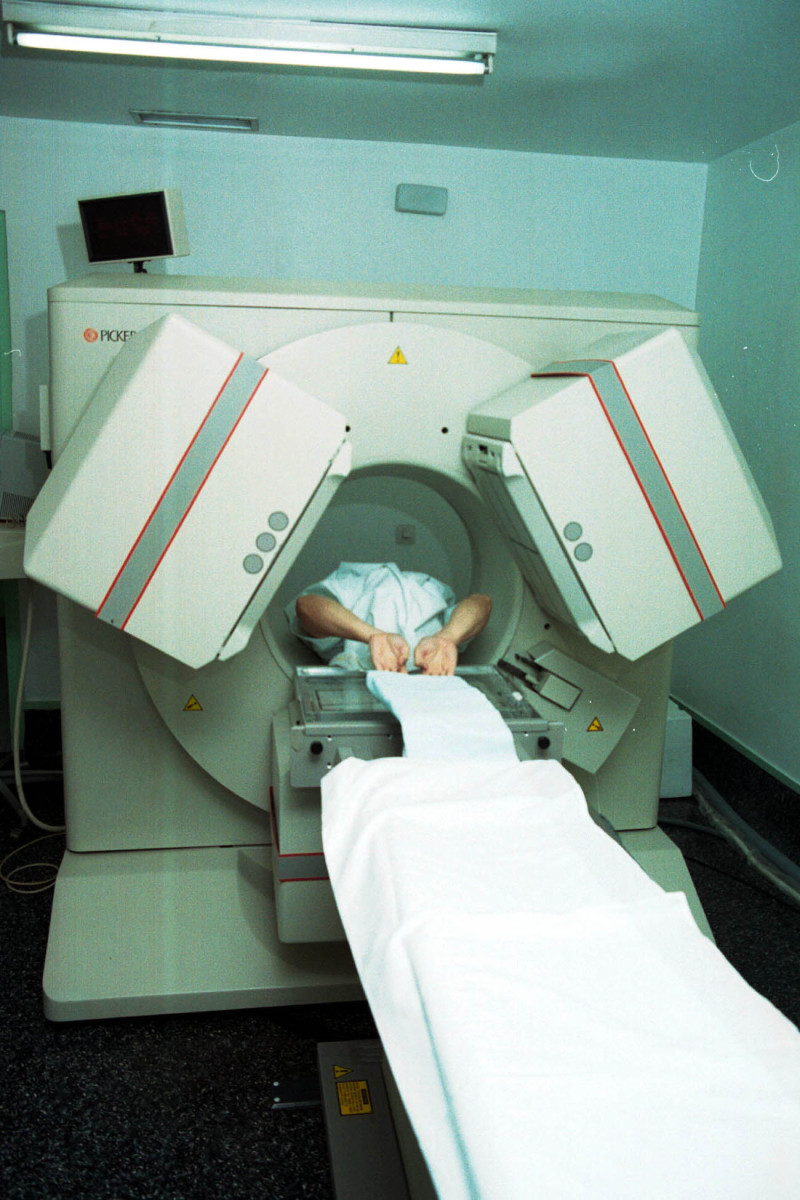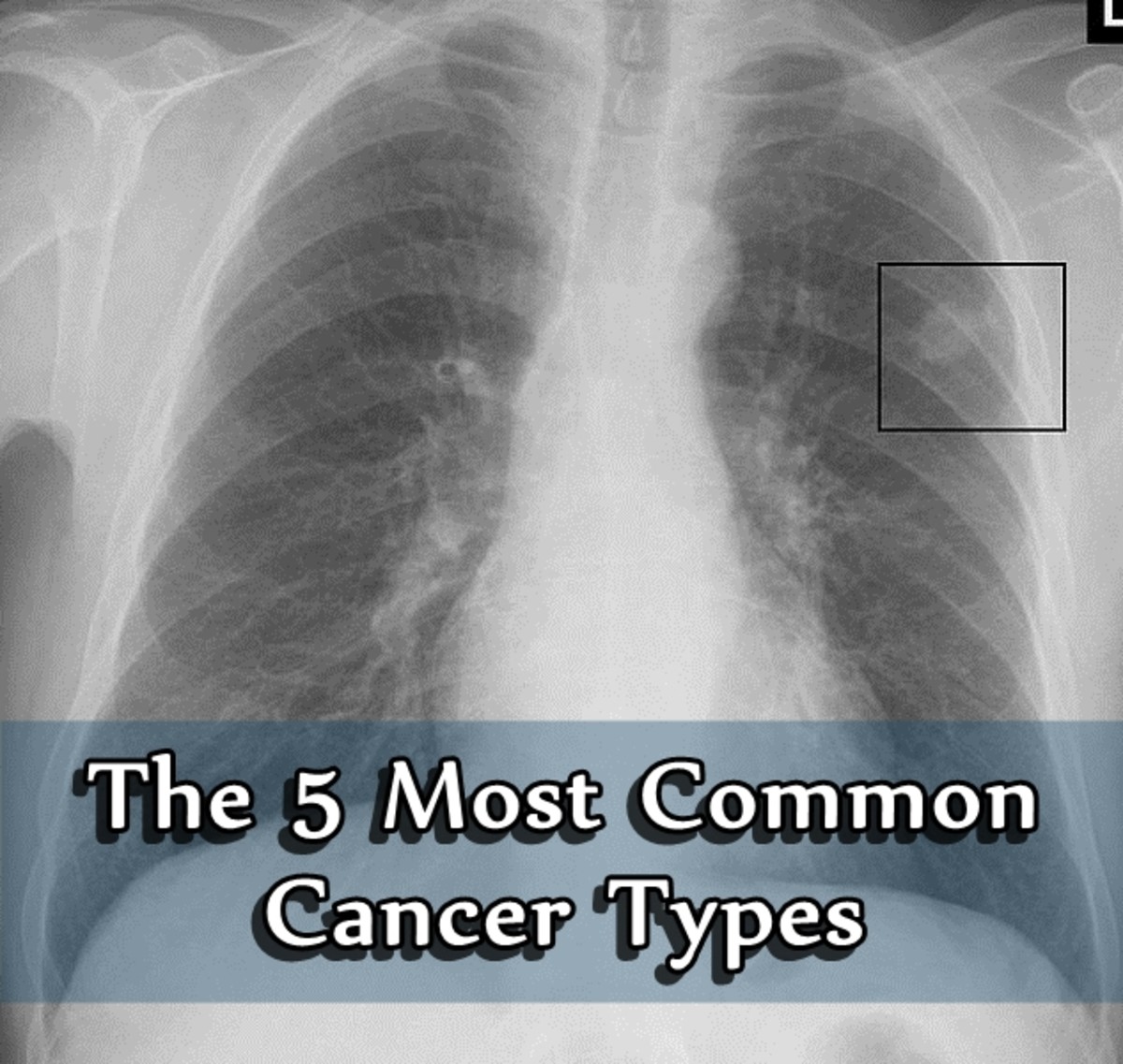How to Recognize and Deal With Cancer Symptoms You May Not Know
Cancer in the Late 20th Century
In the 1950s and 1960s, cancer was akin to a four-letter profanity in its use and in the emotional impact of its use. It was a dirty word that inspired fear, superstition, and prejudice aganst patients that suffered from it.
Many in the general population of the US and elsewhere in the world were terrifed of the imminent death sentence that cancer represented at that time post- WWII. TV soap operas were full of cancer related storylines, particularly breast cancer. Patients that heard the diagosis of cancer sometimes committed suicide. Later in 20th century history, some patients opted for assisted suicide, either when no further treatment could be provided or even preemptively before treatments could be administered.
Even in the late 1970s and into the 1980s, potential employers were still permitted to take a health history on job candidates, including relatives in the parents' and grandparents' generations. This history was used in order to determine the long-term insurance load the company would likely incur if they chose to hire the candidate. This method has been shown to be somewhat of a witch hunt and is no longer permitted; no health or family questions are permitted at all in job interviews in the 21st century.
However, on the survey required of job applicants previously, all illnesses, accidents, and conditions, along with the mere symptoms cancer presented in those generations, even if cancer was not diagnosed, were required. At the age of 18 in my first job hunt, I answered truthfully that a great aunt had received the diganosis of symptoms cancer can present in "possible cancer-like cells" in the cervix. I was turned down for the job and told the reason - cancer was too expensive to treat and I was at risk. I never answered that question again during job hunting activities.
Cancer research, prevention, treatment, and cure have progressed significantly with increasingly positive results in the 21st century. Along with this success, we have accumulated the knowledge of additional signs and symptoms cancer can express. Although fear can still accompanies the receipt of the diagnosis of cancer, the patient, family and frineds, are better equipped to handle the impact.
The last 20-30 years of research has shown that fear itself can weaken the immune system and thus allow cancer as well as other maladies to worsen, but positive attitiude and support from others can help to deter cancer's progress and increase health overall.
Prevention is a key to beating cancer as a disease and attending to the following list of symptoms cancer can present can aide that cause.
Hope on the Horizon

Lesser Known Symptoms Cancer Presents
- In the 1940s, the wife of author C.S. Lewis had an experience a a feeling of "not rightness"in one leg. It was ignored and she fell hard one day, after which she received the diagnosis of bone cancer that was fatal. It is best for individuals to learn about and have body awareness and to alert health professional about changes or a "not rightness."
- Certain food cravings.This is not a widespread phenomenon, but I have witnessed individuals experience persistent cravings for high-acid foods and later receive a diagnosis of stomach cancer. These foods were strawberries, tomatoes, and others.
- Fatigue. This can be a symptom of several illnesses and conditions. Connected with cancer, it often occurs later in the progress of the disease, but may occur early on as a first symptom cancer expresses.
- Changes in Body Odor. I have witnessed that occasionally, a few physicians can smell something amiss about an individual early-on that may be connected to pre-cancerous or cancerous conditions, or something else. Odors later in disease progression are more common.
- Constant Irritation. Cancer can result from a constant irritation to the skin or mucous membranes, which begins as a reddened or otherwise discolored area. Individuals should regularly examine their skin and not constant skin irritations in their surroundings. Tobacco and alcohol can irritate the mouth and throat, leading to mouth cancer. Ill-fitting dentures can result in mouth cancers. Chronic bladder infection can lead to granulomas (e.g., hardened tissue bits) in the bladder that produce constant irritation that can lead to cancer.
- Radiation Exposure Symptoms. Low-level radiation exposure can result in cancer. Low-level radiation symptoms include absence of menstruation, reduced fertility, cataracts, and blood changes. Nausea and vomiting may be involved and can also indicate some cases of brain cancers.
It is best to be body aware and to recognize any changes that are unusual for yourself. Regularly examine your own skin, breast area, and genital area; and seek regular health checkups. Be alert, but not alarmist. For example, perform the self examinations and eat healthy foods, exercise, and sleep enough. Avoid stresses and learn coping skills. Read about cancer and health in general to stay informed.
Report anything unusual you find that is not included in the list above or the lists below, especially if the condition persists and does not respond to an OTC (over-the-counter) Medication. Call your local hospital Health Hotline or Nurses Hotline and ask for help if you doctor is not readily available.
21sr Century Cancer Fight
Cancer Survival
Better Known Symptoms Cancer Presents
While these symptoms and signs are red flags for cancer, they can also indicate less harmful or even harmless conditions.
It is best to consult a medical professional about these red flags to preempt any possibility of cancer's progressing. Just as it is smart to evacuate a whole town prior to landfall of a Level 3 Hurricane than to risk it becoming a Level 5 Annihilator, so it it smart to report red flags in the symptoms cancer and other conditions can manifest, before they become uncontrolled killers. Red Flags for Cancer include:
- A cough that will not go away and that may be accompanied by blood. Some people diminish this as "smoker's cough" or otherwise do not seek help. This cough may be an infection or may be cancer of the head, neck, throat, or lungs. In addition, there is a huge sinus cavity that covers much of the top and back of the skull, so that could be involved in a number of ills and result in a cough. A cough that lasts longer than a few days is a problem.
- Hoarseness of the voice. Have you seen film footage of Lucile Ball in later years in which she was so hoarse she could barely speak? This was throat cancer. Hoarseness of 3-4 weeks in length should be attended by a health care professional. If you are hoarse but have no respiratory infection or throat strain, this could also be a problem. Unexplained or overly long-term hoarseness is the first symptom cancer presents in throat cancer.
- Headache and or Neck Pain. An unusual-feeling headache or one that does not respond to OTC medications can signal cancer or other conditions. It is best to seek a medical opinion.
- Indigestion and/or swallowing problems. If indigestion or heartburn does not respond to OTC medications in a few days, a physician should be consulted. Elderly individuals may have difficult swallowing because of the effects of aging, but the difficulty might be a manifestation of cancer in people of any age.
CHANGES IN BODILY FUNCTIONS
- Constipation or diarrhea that does not respond to OTC treatments.
- Bloody stools - this could be cancer, hemorrhoids, or other conditions. It may even be form ingesting certain hot spices and eating delivery pizza made in pans washed with corrosive degreasers.
- Oddly-colored stools. One patient presented with green stools and it was found that a particular spice had cause this. However, call your doctor if color changes occur to you.
- Marked changes in stool shape, such as pencil-thin structure
- Bloody urine - This could be cancer or another condition.
- Changes in urination - more, less, slower.
- Unexplained vaginal bleeding or discharge; post-menopaulsal bleeding.
WEIGHT LOSS - Unexpected, unexplained weight loss, sometimes accompanied by night sweating and fevers.
SKIN CHANGES
- Itchingin the anal or genital regions that does not respond to OTC treatments and cleansing.
- Discoloration or color changesin the skin, in the genital/anal area as well as elsewhere. This may be infection, pre-cancerous condition, cancer, or something else.
- Change in shape and/or color of moles.Moles may also grow larger.
- Non-healing or slow-healing skin sores.
- Non-healing sores inside the mouth.
- Spots of white or red on gums, tongue, tonsils.
LUMPS
- Lumps in and around the breast, with or without discharges. (men and women both may incur this) - often there is no pain.
- Lumps in the testicles, sometimes accompanied by swollen veins
- Lumps anywhere else that persist.
- Swollen glands that remain swollen after 3-4 weeks.
BACKACHE. This may be accompanied by pelvic pain, indigestion, and bloating. This may be a red flag for Ovarian Cancer, or something else.
UNEXPLAINED ANEMIA. Anemias (several types) are a reduction in red blood cells. Blood-loss caused anemia, through injury or menstruation should respond to treatment. Several cancers can cause anemia and bowel cancer can cause iron deficiency anemia.
Childhood Cancer Awareness
Effective Reources for Ending the Sourge of Cancer
- OCCAM
The Office of Cancer Complementary and Alternative Medicine is a part of the US National Cancer Institute. Read about taking part in clincal trials into alternative approaches to detection, prevention, treatment, and cure; results & other materia - Cancer Center at the Mayo Clinic
Comprehensive website from a leading medical facility that promotes cancer awareness and survival, along with practical information in text, video, and podcast. - How to Read Sun Block SPF Numbers
This article explains how to read SPF numbers on sun screen, what the SPF ratings really meen, and how to apply these meanings to your real-life needs.







